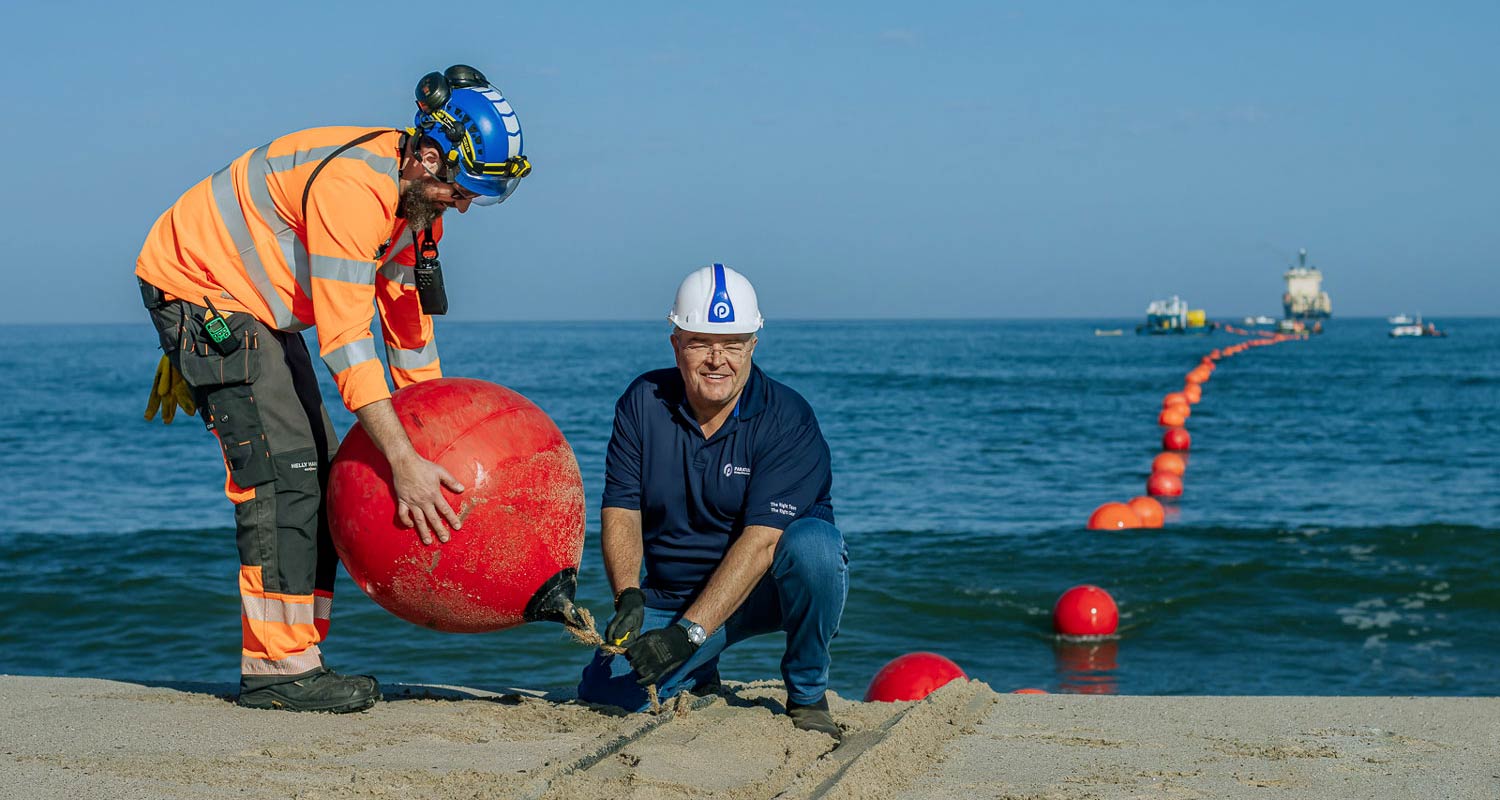Africa is the world’s fastest-growing bandwidth market
New submarine internet cables have dramatically boosted Africa’s international connectivity, a new report shows.
Submarine systems, terrestrial fibre and data centre investments make Africa the top-growing bandwidth market globally According to the Digital Council Africa report, the expanded capacity creates opportunities for content delivery networks, cloud services and software-as-a-service providers.
TECHCENTRAL The construction of new oceanic submarine internet cables around Africa has dramatically boosted the continent’s international connectivity in recent years, a new report shows.
The report by the Digital Council Africa – and conducted by Digitalthings – found that total international bandwidth to the continent jumped from 12.2Tbit/s to 52Tbit/s between 2019 and 2023. In the same period, the average throughput across those international links expanded from 4.6Tbit/s to 18.3Tbit/s, with peak traffic jumping from 7.6Tbit/s to 30.7Tbit/s.
Those figures are expected to grow further in the coming years as new submarine systems, including the Facebook-backed 2Africa cable, come online.
“Submarine systems, terrestrial fibre and data centre investments make Africa the top-growing bandwidth market globally,” the report said. “Africa experienced the most rapid growth of international internet bandwidth, growing at a compound annual rate of 44% between 2019 and 2023.”
TeleGeography, the report noted, forecasts a compound growth of 42% between 2022 and 2029, surpassing the expected global average of 32%. Netflix, Microsoft, Google, Meta Platforms (the parent of Facebook and Instagram), Amazon and Apple are the biggest generators of internet traffic, producing nearly half of all traffic in 2022. Content providers have experienced 80% compound annual growth rates in African bandwidth between 2018 and 2022.
72 cables
“Driven by streaming video usage and growth in traffic across app categories, both average and peak international internet traffic increased at a compound annual rate of 30% between 2019 and 2023, slightly above the 28% compounded annual growth rate in bandwidth over the same period.”
There are now 72 active submarine cables serving various parts of Africa.
“Hyperscalers such as Meta, Google, Amazon and Microsoft are increasingly becoming an integral part of submarine cable system development as they move from being capacity purchasers to cable owners. From the US$13.2-billion investment for planned systems over the next few years, 30% is tied up in hyperscaler-backed systems. In sub-Saharan Africa, Google’s Equiano cable is already operational, and the imminent launch of 2Africa underscores their transformative potential in further enhancing connectivity and fostering economic development.”
The Equiano cable will “revolutionise cable diversity and create new economic opportunities across the African region, with landing points in Lisbon, Benin, Nigeria, St Helena, Namibia and South Africa”.
“This high-capacity cable, spanning 15 000km and featuring 12 fibre pairs with a design capacity of 144Tbps, provides approximately 20 times more capacity than existing Europe-to-South Africa cables.”



